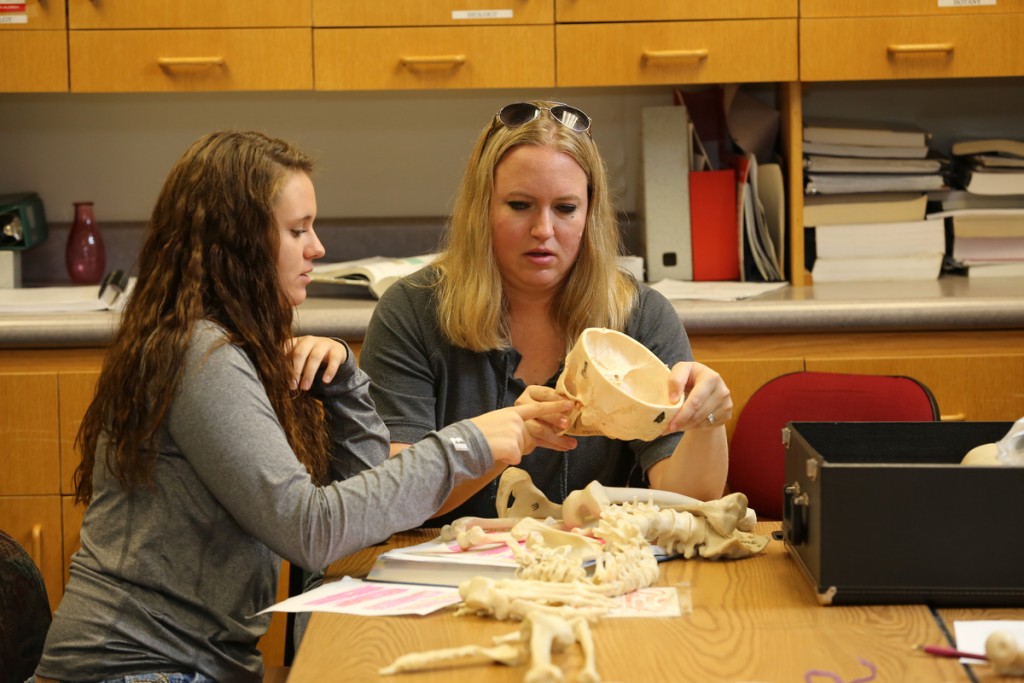
I have read with interest an ongoing debate taking place in the Chronicle of Higher Education and on some assessment listservs to which I subscribe.
The basic question is this: after two decades of colleges doing assessment work, is there evidence that such work is efficacious? I really don’t mind the question; it is a wholly appropriate question to ask ourselves. Unfortunately, the writer of the Chronicle article that generated all the chatter tied assessment activities specifically to accreditation requirements. He questions whether accrediting bodies should still stress assessment as one of the criterion for accreditation. Honestly, I prefer we go back to the original and most fundamental question upon which good assessment is based: “How do we know our students are learning?”
The posts and opinions I have read in response to the article suggest to me that the problems we face regarding assessment exist on several levels. While I haven’t posted my two-cents’ worth online, I will share my views here for your consideration.
- We do not have a common language for assessment. We all define goals, outcomes, and competencies in a similar fashion. However, we don’t all assess these in the same way. For some schools, assessment is a nationally standardized test administered to students during senior year. For others, it is a set of embedded assessments that examine learning outcomes regularly at the course, program, and institutional level. These perspectives are not necessarily compatible – they don’t really play well together, or build a common understanding of the purpose of assessment.
- We assume that assessment should meet the standard of experimental research design – something that can be replicated independent of instructor, school or program. In fact, assessment is far more closely aligned with Action Research, which informs local practice for the purpose of improvement in a classroom or course.
- We’ve lost sight of the ultimate purpose of assessment – to examine student learning rather than simply to satisfy an accreditation requirement. Faculty have always assessed student performance; institutional assessment is just a more systematic and defined mechanism for doing so. Unlike course grades, assessment doesn’t weigh in on attendance, or participation in class. Instead, assessment helps faculty narrow their focus to one program, course or classroom goal and understand how well students are achieving that goal.
Recently, I came across some old pictures from my childhood. They were of a camping trip that my family took to Boggy Creek campground in Florida. These pictures represent a single moment in time, capturing an unedited slice of life that offers the viewer bits of detailed information about our trip. But a snapshot can’t convey the larger context, the big picture that is present beyond the frame. It can only reveal what the camera is pointed at. Assessment is much like that. It doesn’t tell the big picture story of everything that happened in your classroom/course/program, but it tells an important piece of the story. And for purposes of improving student outcomes, that is enough.
Sheri H. Barrett, Ed.D.
